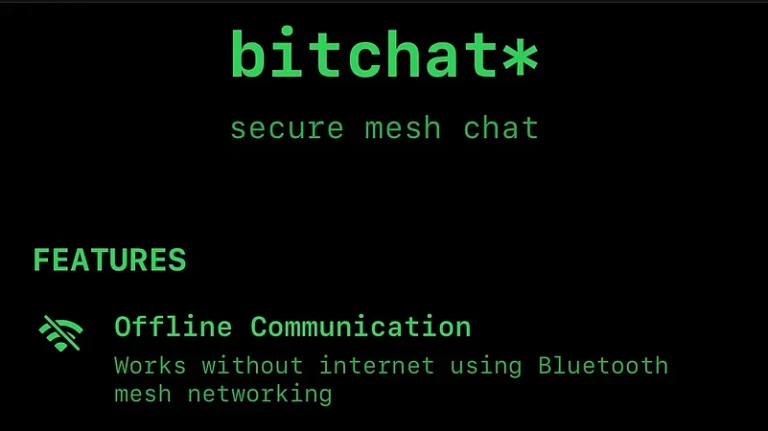
Quantum Breakthrough: Could Google's New Chip Threaten Bitcoin Security?
Google has unveiled a new quantum computing chip, sparking debates and raising alarms in the world of cryptocurrency. This breakthrough technology could potentially crack Bitcoin’s cryptographic defenses, posing a significant threat to blockchain security as we know it. While quantum computing promises transformative advancements across industries, its implications for digital currencies are unsettling.
What Makes Quantum Chips Special?
Quantum chips operate fundamentally differently from traditional silicon-based processors. Instead of using bits that represent 0s and 1s, quantum chips utilize qubits, which can exist in multiple states simultaneously due to a phenomenon called superposition. This allows quantum computers to process information exponentially faster than classical computers for specific tasks.
Google’s latest quantum chip has reportedly reached a new milestone in computational power, demonstrating capabilities that bring us closer to the realm of solving complex cryptographic puzzles in a fraction of the time required by today’s supercomputers.
Bitcoin and Cryptographic Vulnerabilities
Bitcoin’s security is built on cryptographic algorithms like SHA-256, which safeguard user transactions and ensure the integrity of the blockchain. The immense computational difficulty of cracking these algorithms has been a cornerstone of Bitcoin’s resilience. However, quantum computers could theoretically outpace classical computers in solving these cryptographic problems, effectively rendering current encryption methods obsolete.
How Close Are We to a Quantum Threat?
While Google’s chip is a remarkable step forward, experts suggest that practical quantum computers capable of breaking Bitcoin’s encryption are still years—if not decades—away. Cracking Bitcoin’s SHA-256 algorithm would require a quantum computer with thousands of error-corrected qubits. Current quantum chips, including Google’s, are far from achieving this scale.
What Does This Mean for Bitcoin?
- Potential Vulnerabilities If quantum computers become powerful enough, they could disrupt Bitcoin by compromising private keys, enabling malicious actors to steal funds or forge transactions. The broader cryptocurrency market could face a similar existential threat.
- Push for Quantum-Resistant Cryptography The looming quantum challenge has already prompted researchers to develop quantum-resistant cryptographic algorithms. These next-generation algorithms aim to safeguard data against both classical and quantum attacks, ensuring blockchain systems remain secure.
- Acceleration of Blockchain Innovation The emergence of quantum technology could act as a catalyst for blockchain evolution. Developers may prioritize building quantum-safe protocols and exploring new consensus mechanisms to stay ahead of potential threats.
Google’s Stance
Google’s quantum research team emphasizes that their advancements are intended to benefit humanity, from revolutionizing medicine to solving complex logistical problems. However, they acknowledge the disruptive potential of quantum computing and advocate for proactive measures to mitigate risks.
Preparing for the Quantum Future
Governments and tech companies are already investing in quantum-safe encryption. The National Institute of Standards and Technology (NIST) is working on standardizing post-quantum cryptographic algorithms, and blockchain developers are integrating these solutions into existing frameworks.
Final Thoughts
While Google’s new quantum chip is not an immediate threat to Bitcoin, it serves as a wake-up call for the cryptocurrency community. The quantum era is approaching, and with it comes both incredible opportunities and unprecedented challenges. Staying ahead of the curve will require collaboration, innovation, and a commitment to securing the digital future.
As the quantum revolution unfolds, one thing is clear: the race between cryptographic fortification and quantum decryption is on. Will Bitcoin and blockchain technology adapt in time, or will the quantum wave redefine the rules of the digital economy?



